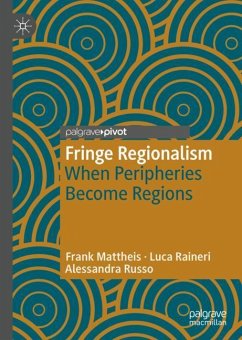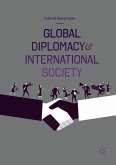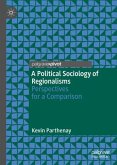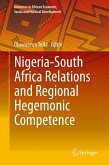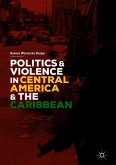This book introduces the novel concept of fringe regionalism to the field of international studies. It examines how regions are practiced by peripheral borderlands rather than centrally planned, thus offering new avenues for researching regionalism beyond the conventional focus on formal intergovernmental organisations. Two in depth case studies, the Sahara and the Caucasus, provide the real-life application of the concept and the authors use the tensions between competing demarcations of the region, the regional nature of extra-legal economies and the narratives of cross-border identities to steer their empirical approach. Through thorough analysis, the volume applies the concept of fringe regionalism to regions previously neglected by conventional approaches.
Bitte wählen Sie Ihr Anliegen aus.
Rechnungen
Retourenschein anfordern
Bestellstatus
Storno

